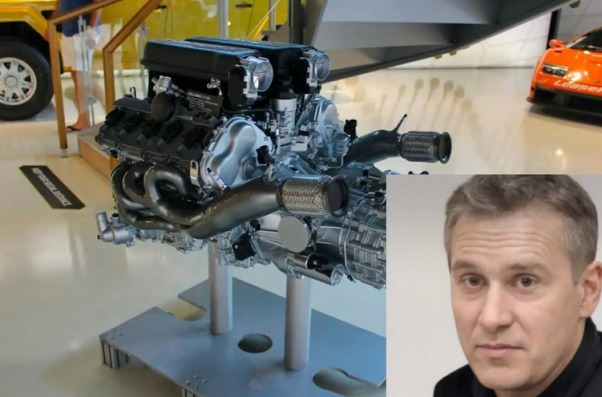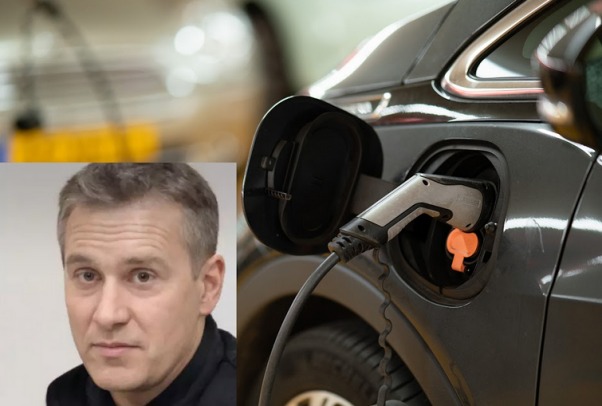
Kirill Yurovsky: Hybrid vs. Electric Car
The era of sustainable transportation is here. Hybrid and electric vehicles provide cleaner, more efficient driving while reducing dependence on fossil fuels. But which one makes more sense for the average driver? We’ll analyze the key factors.
How Hybrid and Electric Cars Work
The core difference lies in the powertrain. Hybrid cars have both an electric motor and a conventional gasoline engine. The electric motor assists the gas engine to improve mileage. Electric cars are powered solely by an electric motor and battery packs, with no gas engine.
Hybrids recharge their own batteries by capturing kinetic energy while braking. Electric cars require charging by plugging into external power sources.
For locally emission-free operation, electric cars are vastly superior. But hybrids still provide reduced emissions coupled with greater range. Learn more about how a hybrid engine works yurovskiy-kirill.ru
Upfront Cost Differences
Due to large battery packs, electric cars carry significantly higher sticker prices ranging $35,000-$90,000 before incentives. Mainstream hybrids are more affordable in the $25,000-$35,000 initial price range.
However, with the long term gas and maintenance savings factored in, overall 5 year ownership costs even out closer between hybrid and electric. Maintenance is far simpler on electric cars as well.
Ongoing Fuel and Maintenance Costs
This is where electric cars shine. Electricity prices per mile driven are much cheaper than gas, often less than half. There’s also no oil changes required and far fewer brake and mechanical repairs.
Hybrids offer improved efficiency over gas-only vehicles, but still incur the same maintenance costs and rely heavily on gas stations.
Over 5-10 years, electric cars offer more predictable fuel and maintenance costs at substantial savings over both hybrid and traditional gas cars.
Environmental Impact Considerations
When accounting for manufacturing impact, electric cars are initially worse for the environment due to battery production. But they quickly offset this over their lifespan by eliminating tailpipe emissions.
Hybrids run cleaner than pure gas cars, but still emit greenhouse gases from combustion engines. Electric cars ultimately rank as the cleanest transportation from a emissions standpoint.
Drive Range and Charging Time

Hybrids enjoy tremendous range – 400-600 miles between fill-ups. Electric cars have seen major battery improvements, now averaging 250-350 miles on a single charge. This alleviates “range anxiety”.
Charging electric cars takes more time and planning. Hybrids take only minutes to refuel at any corner gas station. But electric car charging gets easier with workplace, home and public fast charging options.
Performance Factors
Electric cars provide an instant power surge for incredible acceleration. Hybrids are no slouches either, utilizing electric torque at lower speeds. Both deliver smooth, quiet operation compared to traditional gas engines.
If seeking pure performance, electric cars win for neck-snapping launches. Handling is nimble too thanks to low-set batteries.
Availability of Models
Hybrid tech is mature with every major brand offering diverse hybridized models. Electric cars are expanding but still represent a fraction of total production. Tesla drives the market.
More electric models like the Ford F-150 Lightning, Rivian trucks, Audi e-tron and Porsche Taycan are coming to market. But hybrids currently provide far greater variety.
Incentives and Tax Credits
Federal and local incentives can reduce upfront cost of electric cars by up to $10,000. Hybrid tax credits have mostly been phased out.
States like California offer special access lanes and exemptions for EV drivers – incentives unlikely to be offered to hybrids. The tax situation currently favors electric vehicle purchases.
Resale Value Over Time
Limited driving range has hurt electric car resale value traditionally. But as batteries improve, so does the resale outlook. Hybrids have historically better retained value after 5-10 years.
With over a million EVs now on the road, used electric car markets will fill out more. New models with ample range should retain value well.
Safety Features
Hybrid and electric cars both ace safety tests, packed with modern crumple zones, airbags and collision avoidance tech. Battery packs add stability and low center of gravity.
Some hybrids even qualify for Top Safety Pick + status from the IIHS for their protective designs. Overall, both options rate very safely.
Recommendations
For locally zero-emission driving with low operating costs, electric cars are the ultimate solution. But hybrids offer a more affordable entry point while still drastically improving efficiency and emissions over traditional gas vehicles.
Consider your budget, driving needs and access to charging to decide between these high-tech sustainable transportation options. Supporting either technology pathway will benefit the environment. The future is electric – it’s just a matter of how fast we get there.



